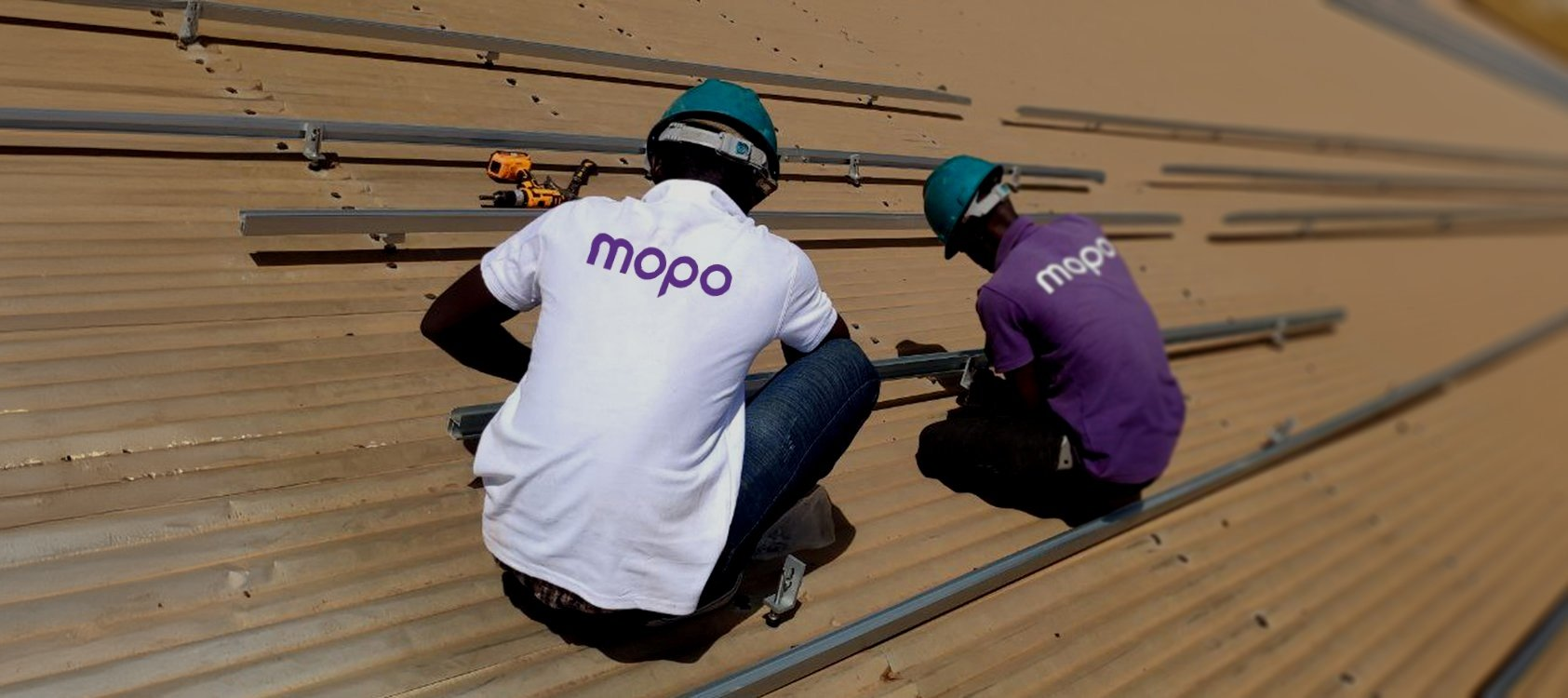As Kenya emerges as a leader in Africa’s carbon credit market, the potential for economic and environmental transformation is immense.
With the introduction of the Climate Change (Carbon Markets) Regulations 2024, Kenya is paving the way for a structured, transparent carbon trading system that could redefine sustainable development in the region.
Why Carbon Credits Matter for Kenya’s Future
Carbon credits are certificates representing one metric tonne of carbon dioxide reduced, avoided, or removed from the atmosphere.
They’re a powerful tool for fighting climate change while generating revenue for communities, businesses, and farmers. Kenya, with its rich natural resources, renewable energy leadership, and progressive policies, is uniquely positioned to lead Africa’s carbon market.
According to the Kenya Private Sector Alliance, Kenya accounts for 20% of Africa’s carbon credits, making it a continental frontrunner.
The Climate Change (Carbon Markets) Regulations 2024, gazetted on May 17, 2024, provide a robust framework for carbon trading, aligning with Kenya’s commitments under the Paris Agreement to reduce greenhouse gas emissions by 32% by 2030.
These regulations ensure transparency, community benefits, and environmental integrity, setting the stage for Kenya to become a hub for carbon trading in East Africa.
Opportunities for Kenya in the Carbon Credit Market
1. Economic Growth and Job Creation
Carbon credits offer a new revenue stream for Kenya’s economy. Projects like reforestation, renewable energy, and sustainable agriculture generate credits that can be sold globally, with prices ranging from $10 to $80 per tonne depending on project type and market demand.
For example, the Mikoko Pamoja project in Gazi Bay, the world’s first blue carbon initiative, sells credits from mangrove conservation to fund clean water and education for local communities.
- For Businesses: Kenyan SMEs can tap into carbon markets to fund eco-friendly innovations, such as energy-efficient cookstoves or solar solutions. The regulations offer fiscal incentives, like a 15% corporate tax rate for 10 years for companies operating carbon-market exchanges certified by the Nairobi International Financial Centre Authority.
- For Youth: With Kenya’s youthful population, carbon projects can create green jobs in project management, auditing, and technology transfer, empowering young Kenyans to drive climate solutions.
READ ALSO:
Kenyan Climate Tech Startup Bio-Logical Secures Funding for Carbon Capture
2. Community Empowerment
The 2024 Regulations mandate that 40% of earnings from land-based projects and 25% from non-land-based projects go to communities through Community Development Agreements (CDAs).
This ensures that locals benefit directly from projects on public or community land, addressing past issues of exclusion.
Projects like the Kasigau Corridor REDD+ have already shown how carbon credits can fund schools and healthcare while protecting forests.
3. Global Leadership
Kenya’s proactive policies, including the National Carbon Registry and alignment with Article 6 of the Paris Agreement, position it to attract international investment.
Bilateral agreements, like the proposed Kenya-Switzerland deal for Internationally Transferred Mitigation Outcomes (ITMOs), could bypass brokers, making credits more accessible and profitable.
Kenya’s ambition to trade credits on the Nairobi Securities Exchange further cements its role as a regional leader.
Challenges Facing Kenya’s Carbon Credit Market
1. Market Access for Small-Scale Projects
While large projects like geothermal plants thrive, small-scale initiatives, such as community-led reforestation, face barriers.
High transaction costs, including feasibility studies, data collection, and certification, can deter small farmers or SMEs.
The National Carbon Registry aims to reduce these costs by localising metrics, but implementation remains complex.
2. Market Volatility
Carbon credit prices in Kenya are volatile, often lower than global averages due to market dynamics. This unpredictability can discourage investment, especially for projects requiring long-term funding.
The regulations lack clarity on coordinating international voluntary market transactions with the National Carbon Registry, adding to the uncertainty.
3. Transparency and Governance
Past carbon projects, like those criticised in the 2023 Survival International report, faced issues of land rights violations and non-disclosure of revenues.
The 2024 Regulations address this through strict rules on Free Prior Informed Consent (FPIC) and environmental audits, but enforcement requires robust governance to prevent corruption and ensure benefits reach communities.
A Timeline of Kenya’s Carbon Market Journey
To understand Kenya’s progress, here’s a snapshot of key milestones:
- 2016: The Climate Change Act establishes the foundation for climate policy in Kenya.
- 2022: Kenya ranks as the second-largest issuer of voluntary carbon credits in Africa.
- September 2023: The Climate Change (Amendment) Act introduces carbon market provisions, including the National Carbon Registry.
- May 17, 2024: Climate Change (Carbon Markets) Regulations gazetted, setting rules for project approval, benefit-sharing, and transparency.
- 2024 Onwards: Kenya aims to launch a carbon credits exchange with the Nairobi Securities Exchange, enhancing market access.
How You Can Shape the Future
The future of carbon credits in Kenya depends on collective action. Here’s how you can get involved:
- Advocate for Better Regulations: Engage with policymakers to ensure the regulations evolve to support small-scale projects and youth-led initiatives. Attend workshops by organisations like the Kenya Climate Innovation Centre or Power Shift Africa.
- Support Local Projects: Invest in or volunteer with community-based carbon projects, like tree-planting drives or clean cookstove programs.
- Stay Informed: Follow updates from the National Environment Management Authority (NEMA) and the Climate Change Directorate to learn about new opportunities.
- Join the Conversation: Share your thoughts on X using #ClimateFutureKenya. What do you hope carbon credits will achieve for Kenya?
READ ALSO:
Octavia Carbon Puts Kenya on the Map at GSA Africa With GreenTech Award Victory
Kenya’s carbon credit market is at a turning point, with the potential to drive sustainable development and global climate action.
By addressing challenges like market access and transparency and leveraging opportunities for youth and communities, Kenya can lead Africa’s green economy.
Join the movement, sign up for our newsletter for the latest climate updates, attend a local climate event, or share this blog to spark discussion. Together, we can shape a greener, fairer future for Kenya.
Ronnie Paul is a seasoned writer and analyst with a prolific portfolio of over 1,000 published articles, specialising in fintech, cryptocurrency, climate change, and digital finance at Africa Digest News.






